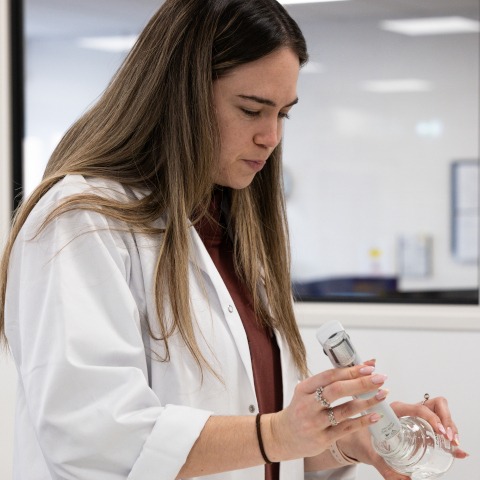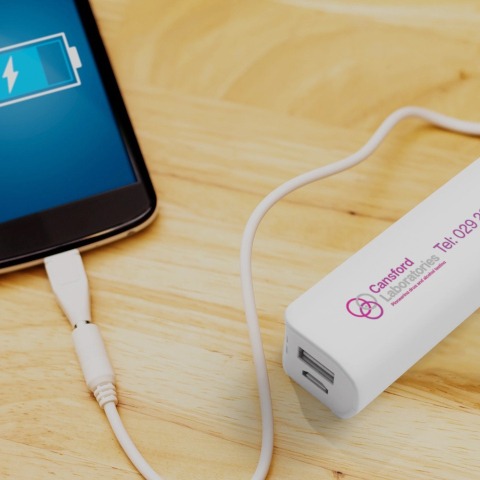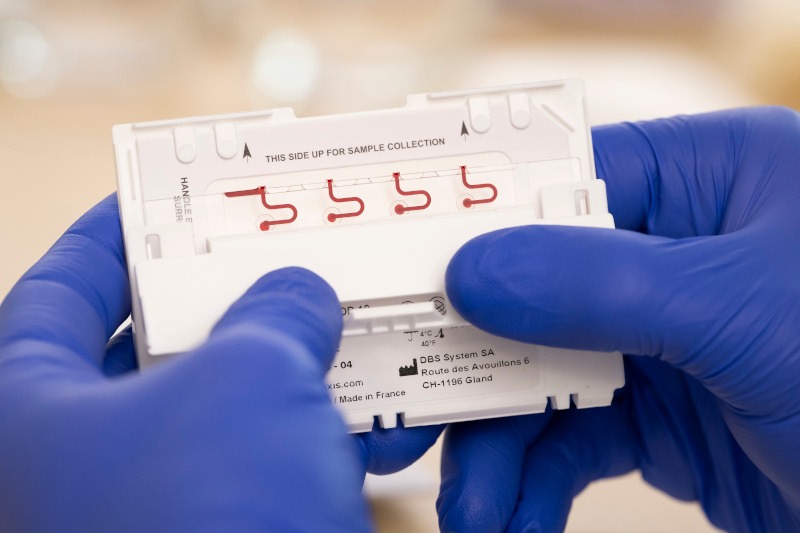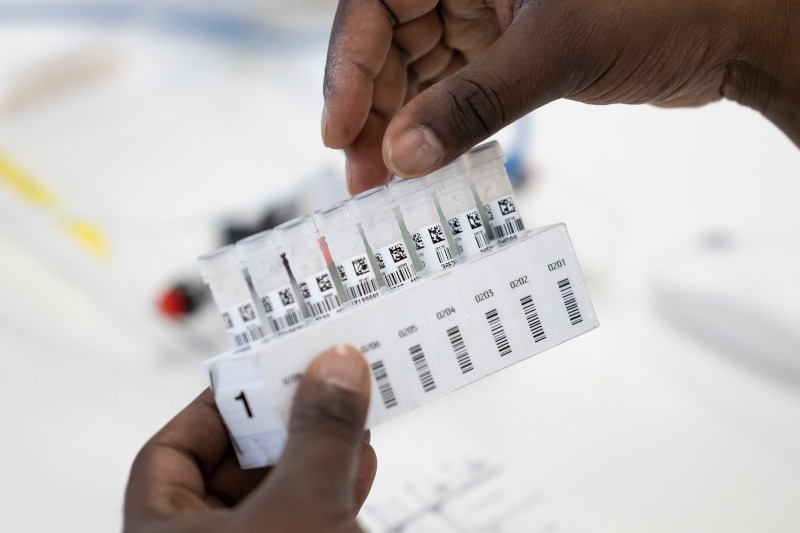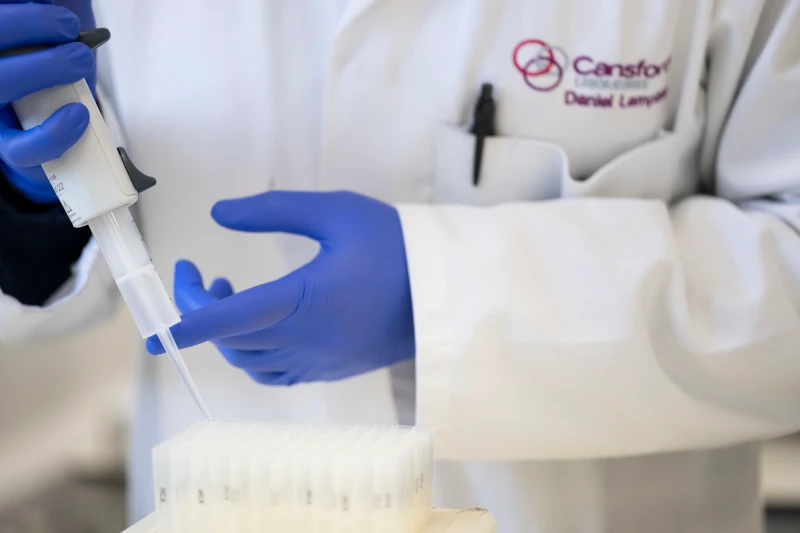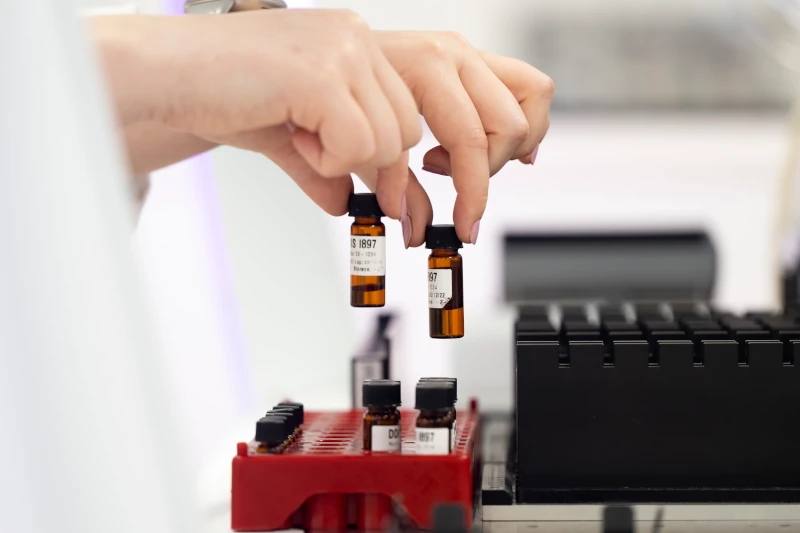Choosing your test
Testing made easy, with results you can trust. Knowing what drug or type of alcohol testing you need isn’t easy or clear cut. Be assured we’re with you every step of the way to inform, guide and advise whichever test you may require.
What you need to know before
choosing your test:
What do I need to test for?
Different tests detect different drug and alcohol substances.
What detection window am I interested in?
Some tests detect drug or alcohol use ‘in-the-moment’; others detect use up to 4 days later; others detect historical use, between 7 days and 6 months after the incident.
Where will the results be used?
Only laboratory test results are admissible in court, because they offer the highest level of accuracy. Results from a ‘point-of-care’ (POC) test may be sufficient to suspend an individual from a workplace or other establishment, but will need to be confirmed by a laboratory test if the results are to be used elsewhere – at an employment court, for example.
How quickly are results needed?
Point-of-care tests offer results in minutes. Results from Cansford Laboratories tests take up to 3 days – the fastest turnaround time of any UK lab.
How should results be collected?
Collecting hair, nail and dry blood spot samples are all non-invasive procedures and can be done in the comfort of your home, or at another address such as a solicitors office or GP surgery.
Our test types
